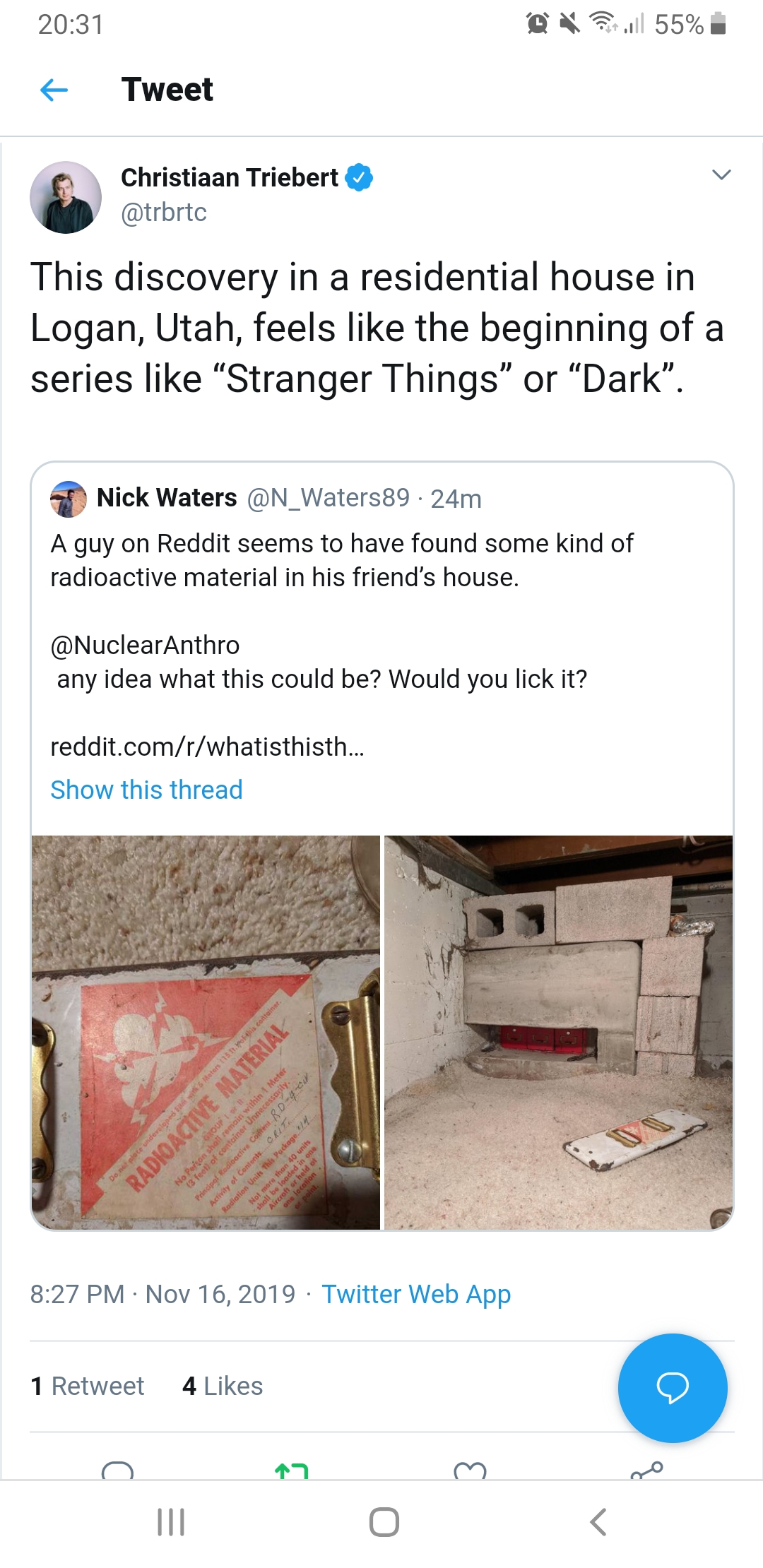Yes. And you know how sometimes you’re so far from the normal idea of home that you have a hard time understanding just how far? I don’t even distinguish between nuclear family home and co-housing as a home, because this is not where the action is imho (even thogh it could be a crucial distinction for many, and rightly so). I think it comes down to the heart, in the sense of feeling of belonging, no matter how the home setup looks like. That was hard to rebuild after I left Cluj for good, simply because I had thought I belong there, because my people were there. Only to realise that having 2 homes is even more rewarding, feeling safe and at ease in two places, or more. But in the absence of this feeling, a sense of wondering the world would not do it, not for me. It does work for @natalia_skoczylas and others though. Maybe because you two and others are more at ease at engaging with the places you’re in.
@Nadia made this comment of your ‘community of fate’ being very much tied to land and rituals. I find it very interesting as well, this deep attachment:
How these narratives can carry people through rough times due to a sense of being a community of fate. The rituals, again tied to place and people, which everyone of the place has internalised often have the role of weaving together communities. The older they are, the more thoroughly they are grounded in your person - because of childhood memories etc. A solid common ground. (source)




